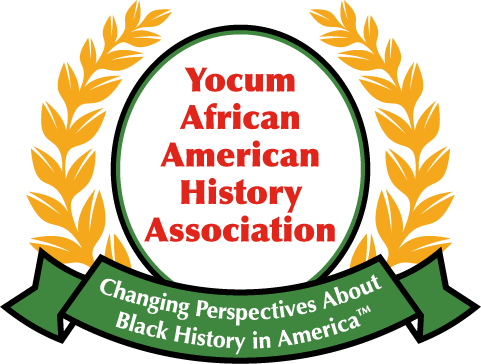After Atlanta rose from the ashes of the Civil War, many formerly enslaved women migrated to Atlanta, seeking opportunities beyond sharecropping. By 1880, 98% of Atlanta’s Black women were domestic workers in the homes of former enslavers. Being a laundress was at the top of the hierarchy of domestic workers. It offered the most autonomy because they could work at their own pace and in their own space. But with independence came more responsibilities: they made their soap out of lye, starch, and wheat bran, carried their water for washing, wrung clothes by hand, ironed and folded, and returned the owner’s clothing while only earning $4 to 8 a month.
Matilda Crawford, Sallie Bell, Carrie Jones, Dora Jones, Orphelia Turner, and Sarah A. Collier were among the 20 who formed a union, the Washing Society, and staged the largest-ever strike in 1881 in Atlanta. They were tried, arrested, and fined. The strike was to get higher wages of $1 per dozen pounds of wash. They inspired other domestic workers and low-wage earners to strike as well. Within three weeks, these 20 women swelled to 3,000 workers. The 3,000 strikers refused to wash other garments until the municipal government accepted a standard pay rate.
The strikers inconvenienced the citizens, and white women refused to do their washing. The strike ended in August with some successes, but not everyone got higher wages. They did agree not to undercut another laundress in the service and established themselves as instrumental to the New South’s economy.

